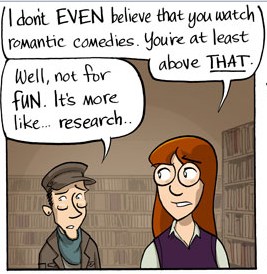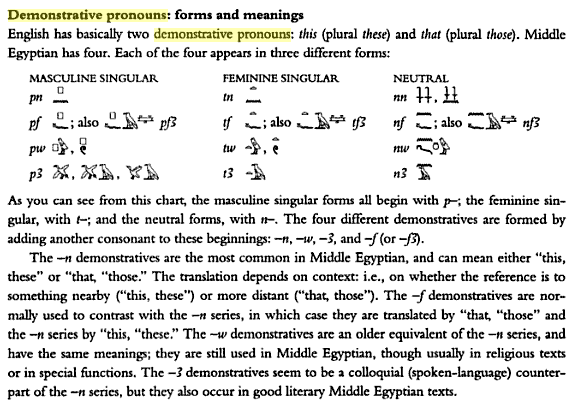Ken Auletta, "Changing Times: Jill Abramson takes charge of the Gray Lady", The New Yorker 10/24/2011:
The first thing that people usually notice about Jill Abramson is her voice. The equivalent of a nasal car honk, it’s an odd combination of upper- and working-class. Inside the newsroom, her schoolteacherlike way of elongating words and drawing out the last word of each sentence is a subject of endless conversation and expert mimicry. When she appeared on television after her appointment as executive editor, the blogger Ben Trawick-Smith wrote, “Speech pathologists and phoneticians, knock yourself out: what’s going on with Abramson’s speech?” He was deluged with responses. One speculated that, like a politician, she had trained herself to limit the space between sentences so that it would be hard to interrupt her; another said she had probably acquired the accent in an attempt to not sound too New York while she was an undergraduate at Harvard. The writer Amy Wilentz, a college roommate of Abramson’s, has said that the accent probably has something to do with trying to sound a bit like Bob Dylan.
The cited blog post is "Jill Abramson’s Accent", The dialect blog 7/28/2011. LLOG readers were apparently all playing beach volleyball that week, and so no one drew my attention to Ben Trawick-Smith's plea for assistance.
Read the rest of this entry »




 Item #1: The singer-songwriter Kate Bush will be releasing a new album on Nov. 21 with the title (sigh)
Item #1: The singer-songwriter Kate Bush will be releasing a new album on Nov. 21 with the title (sigh)  It's possible that you don't know who Dennis Ritchie was. Even if you do, you should read some of his obituaries, and think about the ways in which he changed the world: Steve Lohr, "
It's possible that you don't know who Dennis Ritchie was. Even if you do, you should read some of his obituaries, and think about the ways in which he changed the world: Steve Lohr, "